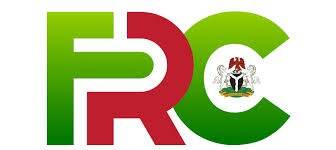The Financial Reporting Council of Nigeria (FRC) has announced plans to formally integrate Islamic finance services into the country’s financial reporting framework.
The move will involve adopting standards issued by the Accounting and Auditing Organisation for Islamic Financial Institutions (AAOIFI), the FRC said in a statement. CEO Dr Rabiu Olowo disclosed this during his address at the seventh Africa Islamic Finance Conference in Lagos.
Olowo explained that the initiative aligns with the FRC’s mandate to set, monitor, and enforce financial reporting standards, noting that the rapid growth of Islamic banking, Sukuk issuances, Takaful insurance, and non-interest capital market products requires consistent and globally comparable reporting.
“This sector has become a dynamic contributor to financial inclusion, infrastructure financing, and ethical investment alternatives. This growth brings the obligation for regulators to ensure reporting is consistent, reliable, and internationally comparable,” Olowo said.
ALSO READ
He added that integrating AAOIFI standards would complement existing IFRS practices while providing a dedicated framework for the unique contracts and instruments used in Islamic finance. “Inclusion of AAOIFI standards is not just a regulatory necessity; it is a strategic imperative for building trust, enhancing transparency, and supporting economic growth,” he said.
Vice President Kashim Shettima, represented by the President’s Special Adviser on Economic Affairs Dr Tope Fasua, described Islamic finance as “a powerful ally rooted in ethics, fairness and shared prosperity.”
The 14th Emir of Kano and former CBN Governor, Muhammadu Sanusi II, highlighted the sector’s growth, stating that Islamic finance invests in real assets such as roads, power plants, water, and digital networks, creating jobs and long-term value.
The development comes as the National Assembly recently approved President Bola Tinubu’s request to issue a $500 million Sovereign Sukuk in the international capital market.
